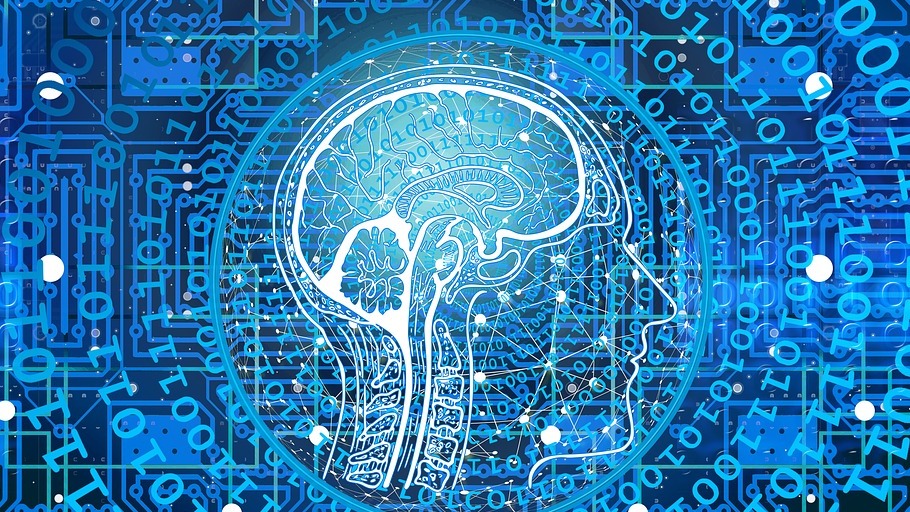Schools are not prepared for the impact of ChatGPT on teaching and learning, according to new research.
ChatGPT is a large language model (LLM) created by OpenAI, which can answer questions in a seemingly natural way.
While it is trained on a huge data set and is able to establish passing grade answers at university level, BCS, The Chartered Institute for IT - which published the study - warned that the technology is "fallible".
A survey by the organisation with its Computing at School (CAS) network of teachers found that 62 per cent said chatbots like ChatGPT will make it harder to mark students’ work fairly.
A further 56 per cent of the 124 computing teachers surveyed said they did not think their school had a plan to manage incoming use of ChatGPT by pupils.
Julia Adamson, managing director for education and public benefit at BCS said that while computing teachers want their colleagues to embrace AI as a way to improve learning, they think schools will struggle to help students evaluate the answers they get from chatbots without the right technical tools and guidance.
“Calculators used to be banned from exams but are now mandatory,” she continued. “We need to bring machine learning into mainstream teaching practice, otherwise children will be using AI for homework unsupervised without understanding what it’s telling them.”
The research also found that more than three-quarters of computing teachers rated the general awareness of the capabilities of ChatGPT among colleagues at their school or college as ‘low’ or ‘very low’.
But 45 per cent of respondents were confident ChatGPT is a tool that will improve teaching in their school in the long-term.
OpenAI, the company behind the popular chatbot, recently announced it will trial a subscription service in the US.
OpenAI’s ChatGPT has made waves since launching in November 2022, with the company claiming that it is the world’s most-advanced chatbot.
Latest News
-
Just Eat latest to launch AI voice assistant
-
FCA announces advanced AI review
-
Meta, TikTok and YouTube face first jury trial over claims platforms harm young users' mental health
-
Ofcom opens investigation into Meta over WhatsApp data disclosure
-
Amazon to cut 16,000 staff
-
British AI firm Synthesia raises $200m in funding round led by Google Ventures
The future-ready CFO: Driving strategic growth and innovation
This National Technology News webinar sponsored by Sage will explore how CFOs can leverage their unique blend of financial acumen, technological savvy, and strategic mindset to foster cross-functional collaboration and shape overall company direction. Attendees will gain insights into breaking down operational silos, aligning goals across departments like IT, operations, HR, and marketing, and utilising technology to enable real-time data sharing and visibility.
The corporate roadmap to payment excellence: Keeping pace with emerging trends to maximise growth opportunities
In today's rapidly evolving finance and accounting landscape, one of the biggest challenges organisations face is attracting and retaining top talent. As automation and AI revolutionise the profession, finance teams require new skillsets centred on analysis, collaboration, and strategic thinking to drive sustainable competitive advantage.
© 2019 Perspective Publishing Privacy & Cookies









Recent Stories